Selling in probate
Losing a loved one is undoubtedly a challenging experience, and when emotions run high, dealing with legal and property matters can feel overwhelming. You may have solely inherited a property, or you and more family members have jointly inherited it, and there may even be disputes about what to do with it.
If the decision is solely or jointly made to sell the property in probate, it's important to understand the process and take the necessary steps, to ensure a smooth transaction.
Probate is the legal process of administering a deceased person's estate, which typically involves validating their will (if one exists), identifying and appraising assets including properties, paying debts and taxes, and distributing remaining assets to beneficiaries. During probate, the property may remain in limbo until the legal proceedings are complete.
Selling a house after a person dies is a bit different and requires other key considerations. We have complied the below guide to help you navigate this situation when often also experiencing emotional turmoil:

It can take up to 12 weeks to get Probate after someone has died
1. Communication is paramount
Before you start actioning and taking steps to sell the property, it is important that you and any beneficiaries of the late person’s Will have clearly communicated, and are on the same page, to ensure a smooth transaction and no upsets along the way.
The executor(s) of the Will are able to make a decision as to sell the property without needing a sign off from the other beneficiaries, however, in order to keep the peace it is always advisable to have all communications clear and in writing regarding this. The executor has a duty to sell the property for market value, or the other beneficiaries have a right to sue for the difference.
2. Application for Grant of Probate
To be able to sell a house you have inherited, the executor of the late person’s Will, has to apply for the Grant of Probate to be legally allowed to sell it.
Probate is a legal document issued by the court, and confirms you, as the executor, have legal right to deal with the property and any money left by the late person.
It can take up to 12 weeks to get Probate granted and cost up to £273, depending on if you are doing the application yourself or with the help of a solicitor.
3. Clear and empty the house
Before placing a property on the market, or getting any property experts to come round, it is advisable to clear the property of the late person’s belongings and furniture. Sometimes there can be a lot of clutter or obstructions which may make it harder for valuation or property experts to value the house.
As the executor, you will have to be clear before completion of the sale, but doing it early, ensures that property experts can clearly see all parts of the house, as well as people coming for a viewing, can view it as a blank canvas they can decorate with.
Charity shops can sometimes come and collect larger items or furniture for free. It is a good idea to check with any beneficiaries if they would like to keep any items from the house which may be sentimental or valuable.
4. Get a valuation done on the property
Get your home valued by a property expert. The valuation will reflect the market rate, as well as the date the late owner died.
Getting your home valued by us is free. We will ask for details of the property, location, condition and accurately estimate its value. Click here for our free valuation form.
5. Get legal advice from a solicitor regarding the property title and deeds
To determine definite ownership of the property, you will need to gather legal documents such as Property title and deeds. A solicitor will be able to get them from the Land Registry.
The solicitor will need to check them and provide advice and any restrictions which may be preventing you from the sale of the property e.g. an outstanding mortgage you didn’t know about or the property having multiple owners you were not aware of, that may have a stake in the property.

Inheritance tax is due to be paid at 40% of anything over £325,000
6. Choose the right property sale method
Once the Probate is granted, you can sell the property in whichever method you want.
The method you sell the property will depend on a few factors: how fast you need to sell, how much time can you dedicate to it and how much money you want to sell it for.
People listing with estate agents over the years, are no longer finding it is the best route when selling a house in Probate. They may not live near the property they are selling, and may want to sell it fast. An average estate agent takes 8-12 months to sell a property.
People choose to sell their properties at auction with us, as we are able to conduct it up to 4x faster than an average estate agent, and in as little as 28 days. It is free to sell your property with us, and we are pleased to say that over 80% of our properties sell for over asking price. Click here to learn more about if auction is the right route for you.
7. Make sure to insure the property
In case of accidents or break-ins, insurers may choose not to pay out on any claims, if the policy is still in the name of the person that has died. In order to do this, call up the insurer, explain the situation and charge the name on the account.
You will have to tell the insurers if someone is living at the property or not, as they may not cover a property or the contents in it, that has been empty for more than 30 days, due to increased risk of break in and burglary Alternately, you may choose to instead remove valuable objects.
8. Make sure to get market value price when selling
As the executor of the Will, it is your legal obligation to sell the property for a market value price or more. If you sell it for less, then you run the risk of being sued by any other beneficiaries of the Will for the difference in value. This is why selling with sneaky cash buying companies, is not a good idea, even if you want to sell your property for free. They could offer as little as 70% of the value of the property and buy in 7 days, however, they would often offer a reduced price on day 7, to as little as 50% of the value of the property. You could be sued for the difference in the price by the other beneficiaries.
We can help sell your property for free, fast and for market value or above. We sell properties on average 4x faster than average estate agents and without any hassle. Please see our recent sold property success. Contact us now to see how we can help you.
9. Be realistic about the timescales
The Grant of Probate will be needed for the formal exchange of legal contracts. The Grant of Probate can take up to 12 weeks, and whilst you can put the property on the market and accept offers, you need to wait for the official Probate to sell.
For the quickest route to sell the property, it is recommended that you look at our modern property auction. We are experts in selling your house quickly and in difficult situations like these. Let us take care of everything for you, and sell your house in as little as 28 days. We have helped many people when they were grieving and elevated stress from them and the property sale. Please see our recent testimonials from happy clients that sold with us.
10. How much will it cost to sell the property?
As an executor, you can incur reasonable costs and charge them to the estate whilst in the process of selling the property. Your legal costs will be the same as a normal house sale, but there are other cost considerations such as:
Bills on the property e.g. heating property over winter so it doesn’t get damp, insurance costs, clearing and cleaning or any repairs or improvements to aid selling of the property.
Estate agent fees may be high, and it is your duty as an executor to not incur high fees and take away from any other beneficiaries. We offer a free house selling service by way of modern online auction. It is free to list and sell with us, as our fees are covered by the buyer. We also achieve over reserve price on over 80% of our sales, ensuring that you will get the right price on sale of your property. Click here for our process to sell your property by modern auction.
As always, it is always best to check and agree that everyone else involved is happy with this money being spent, but the final say, as the executor, is yours.
Conclusion
Selling a property after probate can be a complex and emotionally challenging process, but with careful planning and professional guidance, it's entirely manageable. By understanding the legal requirements, preparing the property appropriately, and navigating the sales process diligently, you can successfully close the chapter on this aspect of estate administration. Remember to seek support from qualified professionals to ensure a seamless experience during this transitional period.
If you wanted to learn about the modern online auction, and see if it is the right method for you, please see our – is auction right for me? link or contact us on 0330 223 6118.
With us, it’s totally free to sell – no hidden costs,
no commissions, no “optional extras”. We offer a complete service, including a free estate agent, to make your sale as smooth as possible. Our local experts will always be on hand to guide you and answer any questions.
All information is kept completely confidential and will only be used by our team to assess if we are a good fit.
Takes 30 seconds
Register your interest in our auction services
We will get back to you as soon as possible.
Please try again later.
FAST SELLERS
Our properties often sell within 28 days.
DEDICATED SUPPORT
We guide you through every step of the process.
FREE ESTATE AGENT
In our free services, we include a free local estate agent.
EXPERT KNOWLEDGE
Decades of experience to get you the best price.

Top-Notch Service from Smart Auction UK! I had a fantastic experience working with Smart Auction to sell my home. Their team provided excellent support throughout the process. I couldn't be happier with the results. Highly recommended!

Exceptional Service from Smart Auction UK! I was amazed by how smoothly and efficiently they handled the sale of my home. I highly recommend them to anyone looking to sell their home hassle-free.
Copyright © 2025 Smart Auction UK
Registered Office: City Gate East Tollhouse Hill, Nottingham NG1 5FS
Please note that calls may be recorded for training and monitoring purposes.
━━━━⊱Our locations ⊰━━━━
London
48 Piccadilly Circus, Warwick St, London W1B 5AW
1, Lowry Plaza, The Quays, Salford M50 3UB
Birmingham
Mailbox, 3 Wharfside St, Birmingham B1 1RD
City Gate East Tollhouse Hill, Tollhouse Hill, Nottingham NG1 5FS
Chester
Chester Business Park, Heronsway, Chester CH4 9QR
Cardiff
Cardiff Gate Business Park, Malthouse Ave, Pontprennau, Cardiff CF23 8RU
Smart Auction UK climate change:
£10 of every sale will be donated to WWF-UK via Work for Good




